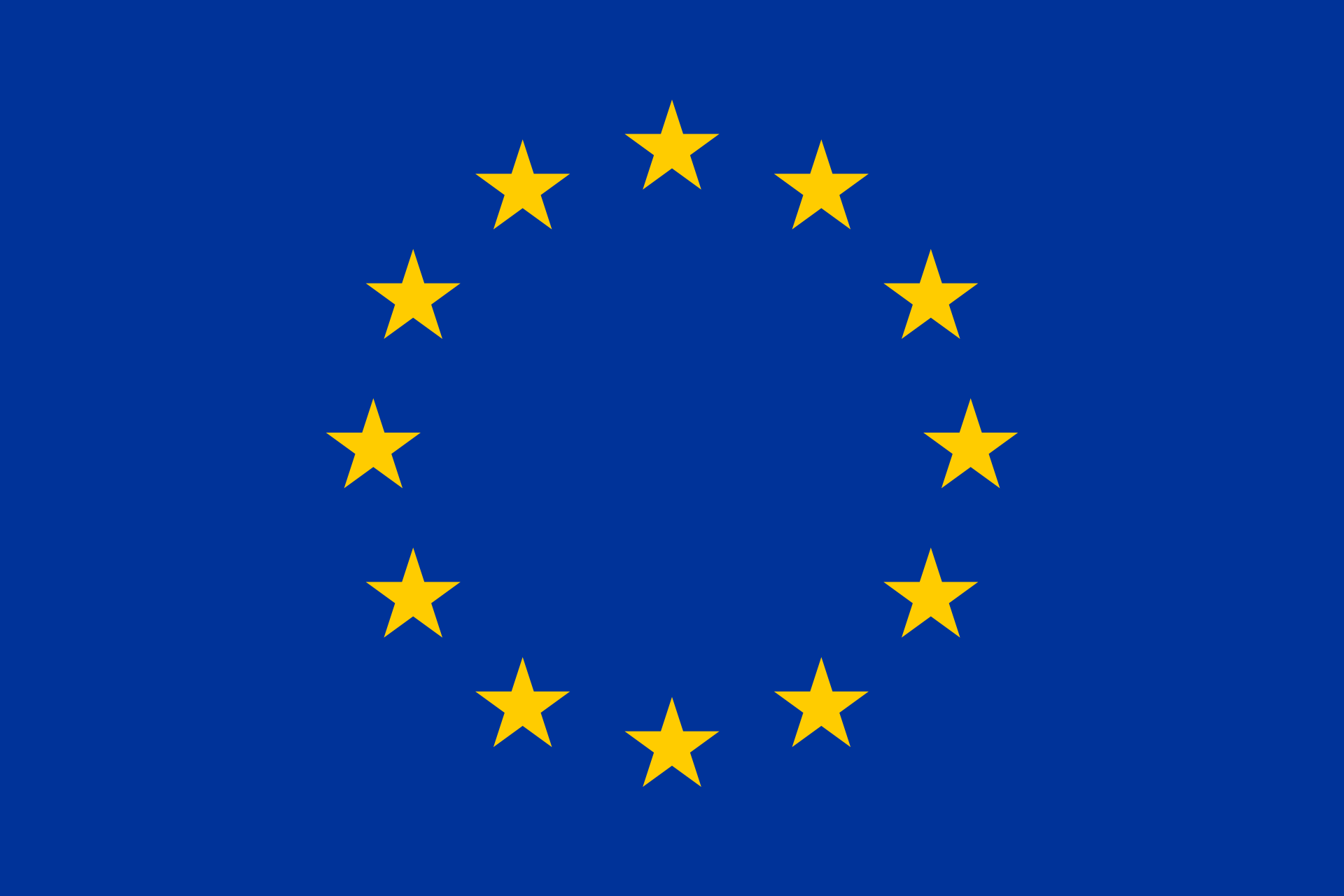
EU VAT in the Digital Age (VIDA) proposals published
12 January 2023| CATEGORIES: EU VAT, VAT in the Digital Age, VIDA| TAGS: digital reporting requirements, e-invoicing, EU, OSS, platform economy, single VAT registration
The European Commission has proposed a series of measures to modernise and make the EU’s Value-Added Tax (VAT) system work better for businesses and more resilient to fraud by embracing and promoting digitalisation. The VAT in the Digital Age (VIDA) package also aims to address challenges raised by the development of the platform economy.
Why has the VIDA packaged been proposed?
EU Member States lost €93 billion in VAT revenues in 2020 according to the latest VAT Gap figures. Conservative estimates suggest that one quarter of the missing revenues can be attributed directly to VAT fraud linked to intra-EU trade. In addition, VAT compliance in the EU can still be costly and burdensome for businesses, especially for SMEs, and other companies who operate or are looking to scale-up cross-border.
The EU has estimated that the key changes proposed in the package will help Member States collect up to €18 billion more in VAT revenues annually and help businesses, including SMEs, to grow.
What is being proposed?
The VIDA package includes the following proposals:
- A move to real-time digital reporting based on e-invoicing for businesses that operate cross-border in the EU
The new system introduces real-time digital reporting for VAT purposes based on e-invoicing that will give Member States valuable information they need to step up the fight against VAT fraud, especially Missing Trader Fraud. Once the new rules are in place, EU companies will issue electronic invoices for cross-border business to business (B2B) transactions, and report automatically to their tax administration data from those invoices according to a European standard. They will no longer need to submit monthly ‘recapitulative statements’ (EC Sales Lists) as this information will have been made available through their e-invoices.
The move to e-invoicing will help reduce VAT fraud by up to €11 billion a year and bring down administrative and compliance costs for EU traders by over €4.1 billion per year over the next ten years. Existing national e-invoicing systems across the EU will be required to converge with the new EU reporting standard by 2028. The updated framework will allow all Member States to introduce mandatory e-invoicing for domestic business to business transactions, if they wish, provided they comply with the European standard. Currently, Member States need to seek and be granted a derogation from the current VAT Directive before introducing e-invoicing.
- Updated VAT rules for passenger transport and short-term accommodation platforms
Under the new rules, platform economy operators in these sectors will become responsible for collecting and remitting VAT to tax authorities when service providers do not, for example because they are a small business or individual provider. Together with other clarifications, this will ensure a uniform approach across all Member States and contribute to a more level playing field between online and traditional short-term accommodation and transport services. It will also make life easier for SMEs who would otherwise need to understand and comply with the VAT rules in all Member States where they do business.
- The introduction of a single VAT registration across the EU
Building on the existing ‘VAT One Stop Shop’ model for online shopping companies, the proposal would allow businesses selling to consumers in another Member State to register only once for VAT purposes for the entire EU, and to fulfil their VAT obligations via a single online portal in one single language. This will include the introduction of a new One Stop Shop for businesses moving stock from one EU Member State to another.
Under the proposal, companies in one Member State holding stock in another will also be able to sell goods on to another company in the second Member State, where the recipient business will account for VAT in that Member State (via the reverse mechanism) without the supplier needing to register separately for VAT purposes. Estimates show that this move could save businesses, especially SMEs, some €8.7bn in registration and administrative costs over ten years. Further measures to improve the collection of VAT include making the ‘Import One Stop Shop’ mandatory for certain platforms facilitating sales to consumers in the EU.
Next steps
The legislative proposals will be sent to the Council for agreement and to the European Parliament and the Economic and Social Committee for consultation.
Further information on the EU VIDA proposals is available here.
